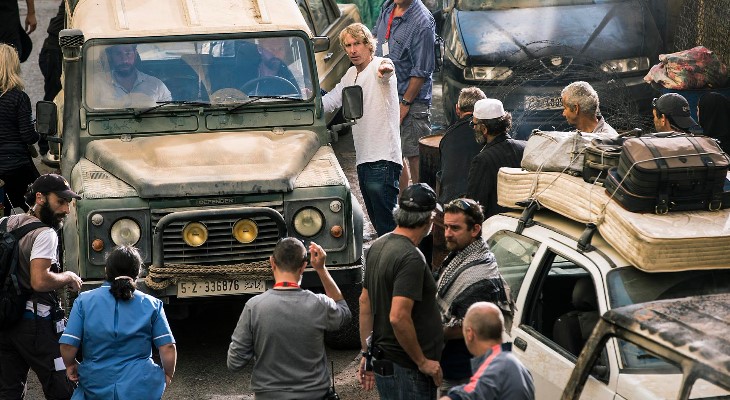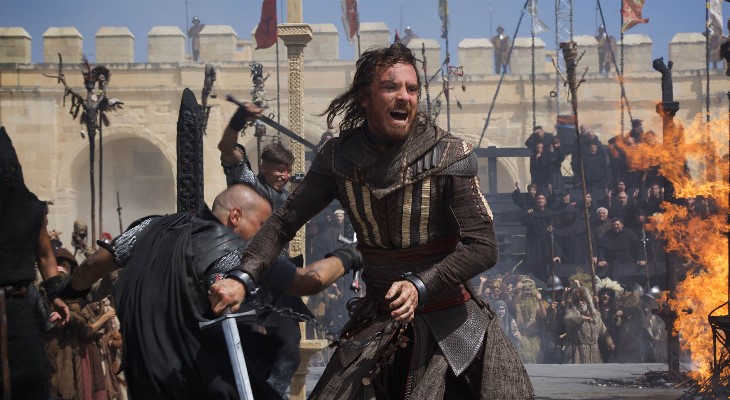
Entertainment Weekly/Merrick Morton
Malta has made countless appearances in various film and TV productions of different genres – from historical epics like Gladiator, to sprawling fantasy series like Game of Thrones and action horror flicks such as World War Z. Still, in the past few years, the productions shot and produced in Malta, using Maltese crews, cast members and post-production facilities, have both increased in volume and improved in quality.
Former Film Commissioner Engelbert Grech explains that Malta has a winning formula which makes the prospect of filming on the islands a very attractive one. This includes versatile settings which allow it to double as any number of countries, the unique tank facilities at the Malta Film Studios, as well as the favourable cash rebates offered by the Film Commission itself.

Christian Black, courtesy of the Malta Film Commission
“Our legacy in the sector has also led to the establishment of a skilful and professional local crew base, with considerable experience working on the many high-calibre productions shot on our shores. Our long hours of daylight and stable climate are also determining factors for most productions,” he continues. “Besides that, taking into account the numerous connections to mainland Europe and the fact that English is widely-spoken here, communication is easy, and crews can feel at home coming from anywhere in the world. Malta is also considered a very safe place where crews and actors can enjoy a high standard of living.”
The effectiveness of this winning formula has highlighted the fact that a comprehensive film policy for Malta was long overdue. The National Film Policy 2016-2020 looks at how Malta’s present film infrastructure, including financial incentives for Maltese and foreign producers, the skills and talent available locally, as well as opportunities for screen tourism can be improved upon over that period.

Courtesy of the Malta Film Commission
Apart from marketing strategies to put Malta on the international map, there have also been considerable efforts to nurture ‘a culture of film’, Mr Grech says, with specific incentives to boost local film making. “There needs to be more awareness about the opportunities that film offers, in terms of art and culture, as well as commercial potential. We have implemented several measures to give more space to Maltese talent to work on foreign films shooting in Malta, and are aware of a good number of Maltese crew members who have distinguished themselves and are now in high demand on both productions shooting in Malta as well as abroad. The same can be said for Maltese actors – we’re seeing more and more productions tapping into the local pool to find talent for international productions.”